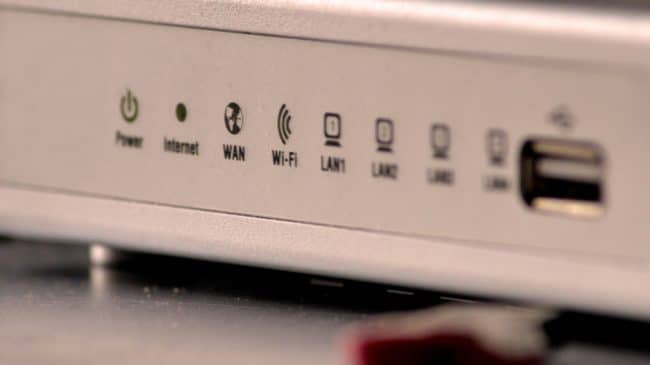The U.S. wireless industry is being held back by a shortage of spectrum-a problem driven in large part by rapidly increasing demand for mobile data. Consumers are already suffering the impact of spectrum shortages, and the situation is only likely to worsen as wireless data traffic grows. In this context, the White House, Congress, and the Federal Communications Commission (FCC) have all acknowledged the wireless spectrum crunch and have prioritized auctions to reallocate spectrum more efficiently. Yet three years after this goal was set in the National Broadband Plan, it is no closer to being achieved.
Resistance from broadcasters, who are being asked to give up valuable spectrum for considerably less government compensation than it might be worth, is partly responsible for this delay. There are also logistical challenges inherent in reassigning spectrum from one service to another. However, the FCC’s misguided efforts to artificially create competition, manage business models, and pick winners and losers have also contributed to derailing the spectrum reallocation process.
In reality, there is no lack of competition in the wireless sector-a fact underscored by the FCC’s own research, which points to falling voice, text and data revenues for wireless providers. The FCC doesn’t have to induce more competition by either setting aside spectrum for new entrants or handicapping the auction process so non-incumbents can acquire spectrum at an artificial discount. Doing so undermines the incentives for both incumbents and other potential entrants to develop new technologies that would enhance access to wireless.
To effect the best results, the FCC should avoid placing network neutrality conditions on one or more of the spectrum blocks due to be auctioned-not least because any such requirement is likely to draw legal action from incumbent carriers and further delay action. Moreover, the failure of 2009’s Advanced Wireless Service auctions should have shown the FCC that network neutrality is a non-starter for service providers. No Internet service provider can support quality service without selectively applying special treatment to certain data applications, as they cross the network.
The FCC should also decline to tilt spectrum auction rules in favor of particular technologies, such as Super WiFi, however superficially attractive they may appear. If the promise of the technology justifies the risk of investment, private capital will flow to enterprises that commit to it. Government support for particular technologies risks subsidizing failures like M2Z, the Chevrolet Volt and Solyndra.
The wireless market does not need, nor should it have to endure, the FCC engaging in disruptive regulatory experiments; it needs it to get on with reallocating spectrum. The agency has the means and the resources to get the needed spectrum to consumers. It should just do it.
